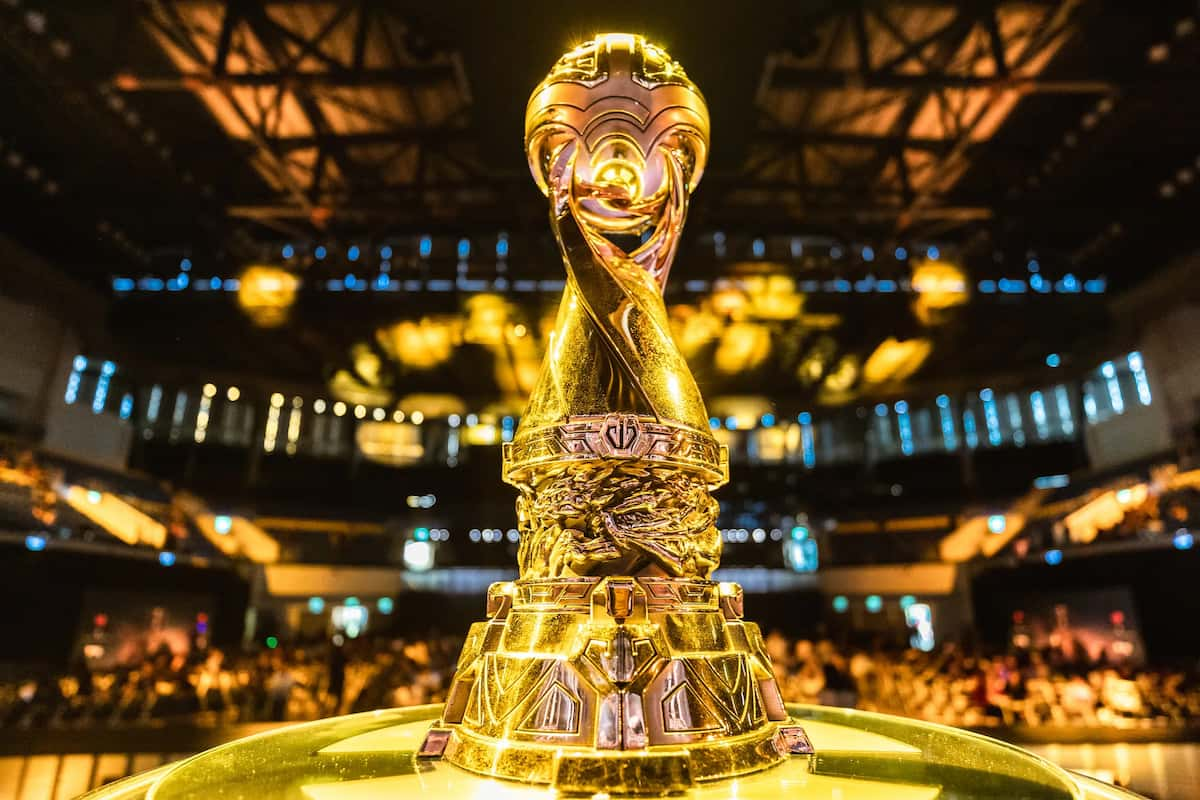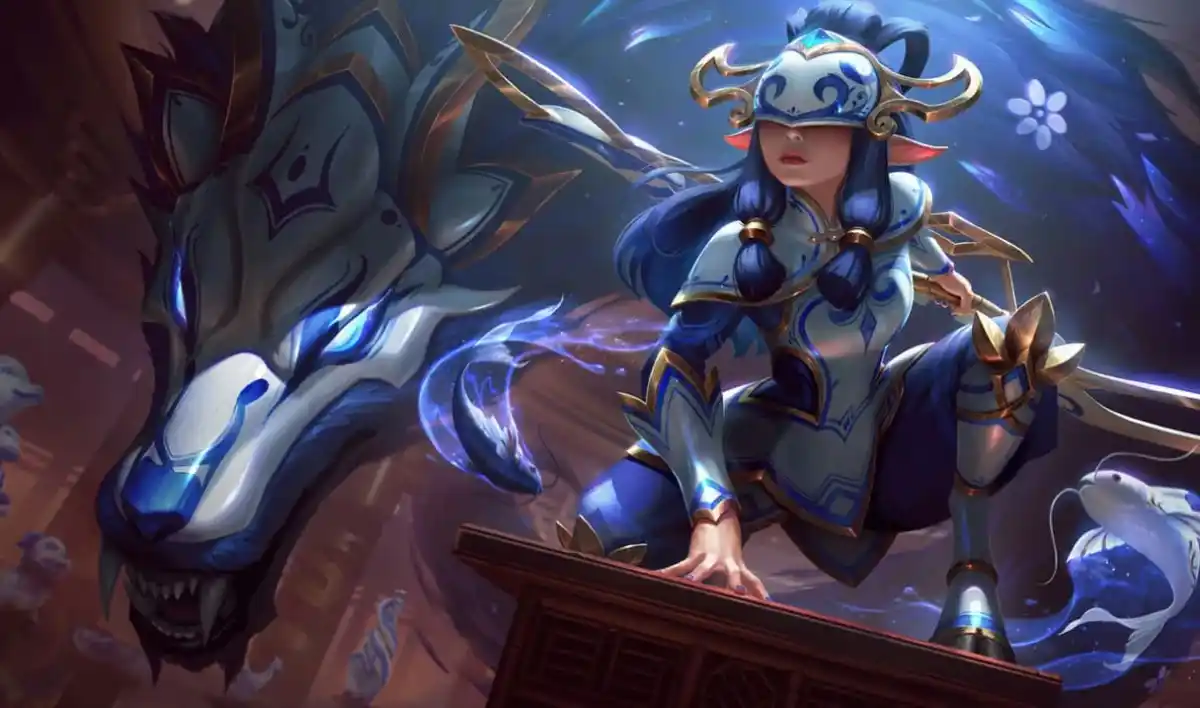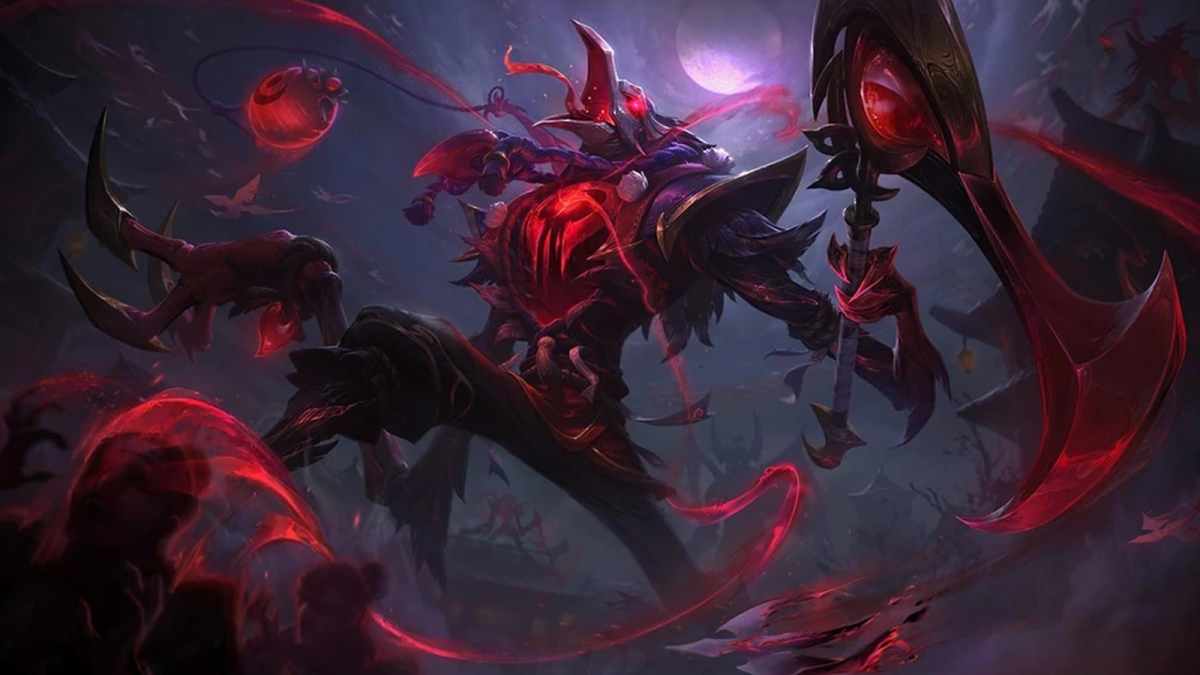As a fan of eSports and sports in general, all these discussions over releasing or not releasing players’ salaries to the public made me ponder a lot on what type of model Riot and its peers want to lead League of Legends into. From team owners with VC backing clamouring for opening these records to industry veterans saying it’s too soon, a lot of points have been missed due to either personal bias or just general ignorance. This is not a bad thing, since these discussions are what will lead competitive League of Legends (and eSports in general) to new heights no matter which step they take.
- Don’t compare League of Legends today with American sports
When Riot made a point about how Europeans would be more open to best-of-twos due to being used with the concept in football/soccer, battles raged on Twitter and Reddit about how ignorant they were with this kind of argument and although I agree with that assortment, these discussions might have validated Riot’s point.
Most of the people discussing the developments of releasing players’ wages are from NA where every major sport follow a “franchising” model. In this model, you have a closed economy with a set number of teams divided all across the country, each with their own regional markets that often cross boarders in the US and beyond depending on how successful/marketable your team and brand are. The closed economy permits things such as drafting, revenue sharing, market reserves and so forth.
It’s the exact opposite of what happens in League of Legends at the moment since the competitive scene acts in an open market. You don’t draft your talents; you convince them to come to your team by offering better terms (see Svenkeren in the TSM v. H2K debacle). You also don’t have market reserves for each region or shared revenue: a South American guy can follow Fnatic at his country with the same ease of an European, although the European will be able to attend more events by Fnatic in person.
It all leads to the same conclusion: League of Legends isn’t similar to American sports but rather to soccer in the rest of the world.
In the sport, you don’t have drafting systems or franchises, although you can buy a club if you can afford to and reform its entire squad if you want to. There’s no closed economy since a team from a country can deal with a foreign one (which doesn’t happen in the NFL). You don’t see players transferring from the US to play in Germany (at least not anymore)), and there’s little to no shared revenue in most soccer leagues, with clubs having ups and downs throughout their history due to more financial power and decision-making.
However, even in a free market environment, you still have a set of rules that might vary from country to country in regards to players’ quotas and even how many foreigners you can have in a team. It can also limit the number of players you sign or impede you from signing anyone if you don’t have the capacity of paying them.
There are also no CBAs and no public salaries in soccer, although you can make a good guess of how they are due to inside info acquired by good journalists or even by the financial reports released by the clubs, as they might be obligated to independently of being publicly traded or not. And despite the lack of strong players’ unions, players are still handsomely paid even in poor countries because teams value their talent/uniqueness – and are rather fearful of their agents.
Overall, there’s no sense to expect parts of a model that doesn’t fit League of Legends entering the scene. There’s a major dissonance between asking for revenue sharing while not intending to set a salary cap (although this is the model followed by the MLB which has been discussed for a while). Even though I’m not against releasing players’ salaries to the public, people should be aware that this is a tradition that comes only from US sports; and it doesn’t correlate to League of Legends in its current stance when compared to established models elsewhere.
- Venture capital isn’t a bad thing if used smartly
With Ember, a VC-backed team from the Challenger Series, releasing their players’ salaries to the public, a lot of criticism came from the community not only for making these figures clear as perhaps a PR stunt but also for inflating the market and so forth. It’s a complaint that was also seen in soccer recently due to the introduction of figures known as “sugar daddies” in the mix, mostly in England – although they’re more present nowadays at Chinese soccer.
Fears of these “sugar daddies” inflated the soccer market weren’t unfounded and were proven true, though, since they have played a part in inflating transfer fees and wages in the sport in the last few years in England and the rest of Europe. But this also generated a gain for the players who saw more money coming into their pockets, as well as fans of big teams which were once very safe in their current stature having to pick up to the newer times. These clubs had to splash their money on new, better players due to a more competitive environment that they used to dominate in previous years.
As a good example, you have the English soccer club Chelsea. In the late 90s/early 2000s, the London club was mostly an English Premier League mid-table club with “delusions of grandeur”, often disputing a berth with England’s bigger clubs such as Manchester United and Arsenal to play the Champions League – which in importance to clubs is equivalent to LoL’s World Championship. But despite that, they still lacked that “punch” to assert themselves as a force in England since the other teams could overcome them with better financial power and therefore a better squad.
It all changed when Roman Abramovich took over the club in 2003. The Russian billionaire spent billions of sterling pounds in the club, acquiring the best players, coaches and staff his money could afford. 2 years after taking over Chelsea the club won their first Premier League title, and in 2012 they finally won the Champions League after reaching the finals in 2008 and missing out in penalties. Nowadays, the club is capable of running with their own feet, needing no financial backing from their owner like in previous years while enjoying a lot of success on and off the pitch with an ever-growing global fanbase.
Nevertheless, sometimes things can go awry, which is the case with Anzhi Makhachkala, a Russian club founded in 1991 that might have had a similar route to Chelsea’s as they were purchased by Russian billionaire Suleyman Kerimov in 2011. But in this case, a mix of bad decisions in regards to squad management, player’s acquisitions, contractual agreements and so forth spiralled the club into a huge financial crisis, with a huge dismantle happening two years after the acquisition. Anzhi went from being top-three contenders in the Russian Premier League to a bottom club in a span of months, eventually being relegated in 2014.
Plenty of factors led to Chelsea’s success to Anzhi’s demises. From a glance, you can point a few major ones such as how much easier it is to set up and run a club in England compared to Russia in terms of marketability, visibility and so forth to the moment in which these acquisitions were made. And you can find other examples of huge successes and complete failures elsewhere.
In the venture capital scenario, things are a little different since these trades look to make gains in the shortest time possible while most “sugar daddies” in soccer just want a new, expensive toy. But Roman Abramovich wanted to make Chelsea a big club which would be capable of taking steps on their own eventually; Anzhi’s owner seemingly didn’t have the same plan and wanted the club to have instantenous success in a moment and in a market that wouldn’t lead to sustainability. But in any market, you have ups and downs as well as periods of steep growth and decline.
At the moment we see League undergoing this growth period that makes everyone excited about their next steps but declines are bound to happen eventually and there won’t be any safety nets to save these teams but their own decision-making and also their own luck. Failure is a difficult concept to grasp sometimes especially in something as fresh as eSports, but we’ve seen this before and we’ll be seeing it again in every region where League of Legends is a big thing.
The introduction of VCs will only make things more interesting for the overall fans of League of Legends, and it’s up to the traditional teams to make a run to compete against these new orgs with their own resources which might be marketing, a good scouting network, better coaching and so on. Money isn’t everything (yet).
Also, previous experience in business doesn’t replicate in success in any other forays that you will make. It’s one thing to be successful running a mining company; it’s something completely different to reach the same amount of success in the IT market. Regi, HotshotGG and other League veterans will only be affected by their own limitations while running their teams.
- Riot needs to step up and define which path we will follow
It is a bit awkward that in these discussions we rarely hear anyone arguing about Riot’s role as the game developer as well as the major governing body of League of Legends. In the current model, Riot decides with no apparent degree of arbitration on revenue sharing, prizing pools, which patches will be used in the competitions that they organize and hold all the power to, etc.. It’s not much different to how FIFA acts over soccer but European clubs and their own country associations – as well as their continental one in UEFA – are powerful enough to influence FIFA’s rulings, which is something you don’t see as often in League of Legends.
But beyond any pet peeves with Riot, the company still has a lot to do in regards to answering questions that almost no one brings to the table such as which model they want to implement going forward: an American sports-franchise one, with a closed economy, a drafting system and an environment to develop players who will be drafted by teams in the LCS? Or keep on with the soccer one in the rest of the world where there’s little regulation over player development, base salaries, amidst other things that are an alien concept to the NA market?
Will Riot allow the formation of unions, independent leagues and even independent regional governing bodies under their umbrella? The decision of making EU what’s perceived as a second-fiddle market to the eyes of the public hasn’t played too well and would likely not happen if Europe had some sort of resistance within team owners and players to make changes of their own. Will Riot let go of this type of control over their game?
Also, what is the Challenger Series: a second division to the LCS, a development league or both of them? Wouldn’t it be better to have a youth/”D-league” system to players such as Stixxay last year who aren’t ready to challenge for a LCS spot but could be honed into good players in the near future? And how much do you pay these kids when the opportunity costs of choosing playing League of Legends over continuing their formal education are still quite high (another good comparison that could be drawn to soccer)?
To follow up with salaries: does League need a salary cap system? How do you set that when teams don’t have a good estimate of how much money they’ll have to allocate on their players’ wages? Is it something necessary?
Riot has a lot on their plate running the most-played game in the world as well as the biggest eSports of the moment and you can argue on how things are run separetely in a company that big, but there’s a fine tuning between the two. Competitive League of Legends is a great marketing tool for Riot Games and failing to react to a ever-growing eSports scene in and out of their game while juggling between punishments, organizing and scheduling events, making patches and so forth might lead to extremely rough patches for them.
The faster they answer these questions – either to the public or among their own – the better.
—
This is all I have to write about the subject and mind you: I’m not a League of Legends veteran. I’m a huge enthusiast of eSports in general that dreams of making part of the scene one day in a capacity that relates to my skills which are certainly not in playing these games. And I don’t think fan opinions should be devalued as long as they add more to the discussion.
Best of luck to players, owners, Riot Games and fans abroad.




